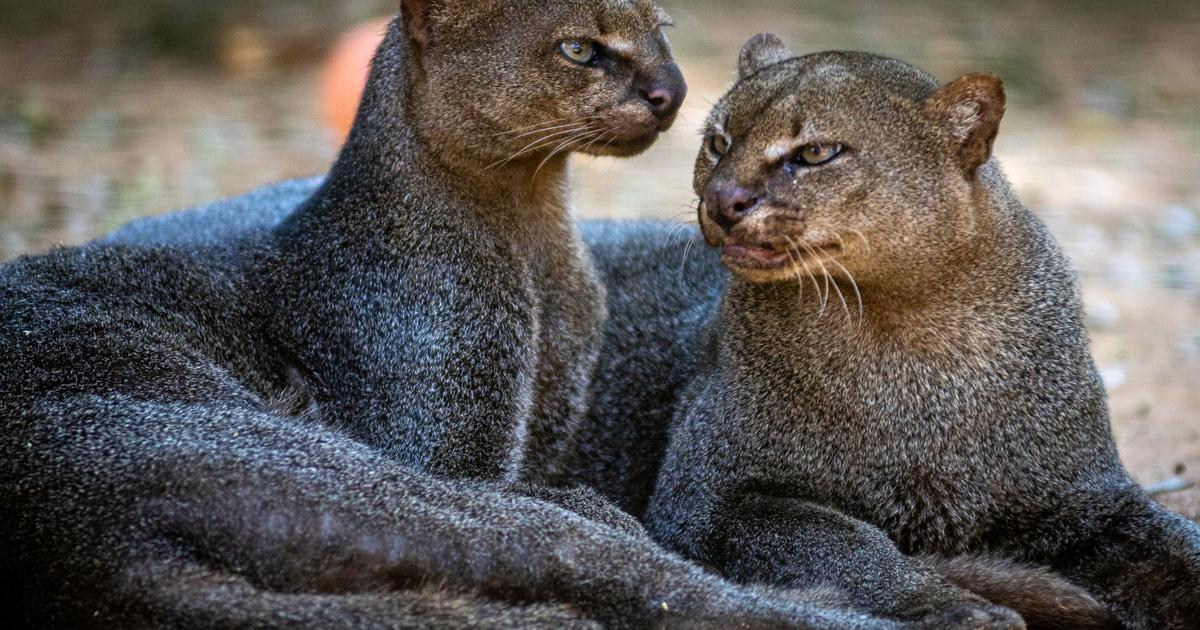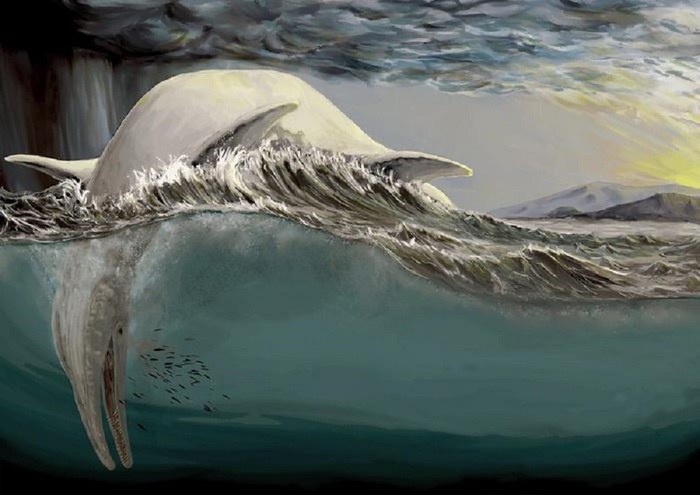His image has gone around the world: according to Guinness World Records, Jonathan is, at 190, the oldest land animal in the world.
That this title goes to a turtle no longer surprises anyone.
However, apart from specimens living in captivity, the longevity of reptiles was until recently rather poorly known.
An international team of 104 researchers has therefore studied in depth the lifespan and aging of 77 species of reptiles and amphibians in the wild.
To come to this explosive conclusion, revealed Thursday by the journal Science: some of these animals age very slowly, if at all!
They are called spotted salamander, Hermann's tortoise or even tuatara, a cousin of the spiny-headed lizards.
To say that their aging is negligible means that their risk of dying does not change with age: if it is 1% per year at 10 years old, it is still 1% at 100 years old!
A prodigy whose consortium, which includes a dozen CNRS scientists, sought to find out the reasons.
Common to all these species: they are ectotherms, that is to say cold-blooded animals.
The study recalls that of the 30 vertebrates whose longevity exceeds a century, 26 belong to this category of creatures that do not produce internal heat.
Their metabolism, that is, the chemical reactions that take place inside their cells, is weak.
One hypothesis therefore was that they age more slowly than endotherms, which regulate their own temperature.
But the study sweeps this track: at comparable size, aging and longevity do not seem linked to belonging to one or the other of these two groups of animals.
No predator, no pressure
On the other hand, the researchers found that animals that possess protection, such as armor, spines, carapace or venom, have slower aging and greater longevity.
Why this lower death rate?
They usually don't end up in a predator's stomach.
Without this sword of Damocles, their body somehow takes time to age.
However, this advantage does not mean that these beasts are immortal: no one is immune to an accident or illness.
These discoveries contradict certain theories of evolution which claim that the aging of the body appears inevitably after sexual maturity.
The individual would then invest more energy in reproduction to the detriment of the repair of his cells.
He would stop growing and begin to experience senescence, the gradual deterioration of his bodily functions.
A second study, also published in Science Thursday, claims that some species belie this logic: organisms whose growth extends beyond sexual maturity, such as turtles, would continue to invest in the repair of cellular damage.
Unlike the work of the consortium, this research, led by Rita da Silva, specialist in biodemography at the University of Southern Denmark, relates to turtles in captivity.
Pampered in zoos and aquariums, some of these shelled critters would still manage to extend their lifespan.
The paradox is that century-old animals are no less threatened: “Slowly aging and long-lived populations are very sensitive to increased mortality: they must live a long time to mature and reproduce says David Miller of Pennsylvania State University.
Any removal from the wild can therefore have catastrophic consequences... According to the co-author of the vast international study, there are also lessons to be learned for our species:
“Turtles and tuataras may provide clues to how humans can slow aging and live longer.
»





/cloudfront-eu-central-1.images.arcpublishing.com/prisa/43V2S254JJFBLF2IDRP744FBU4.jpg)



